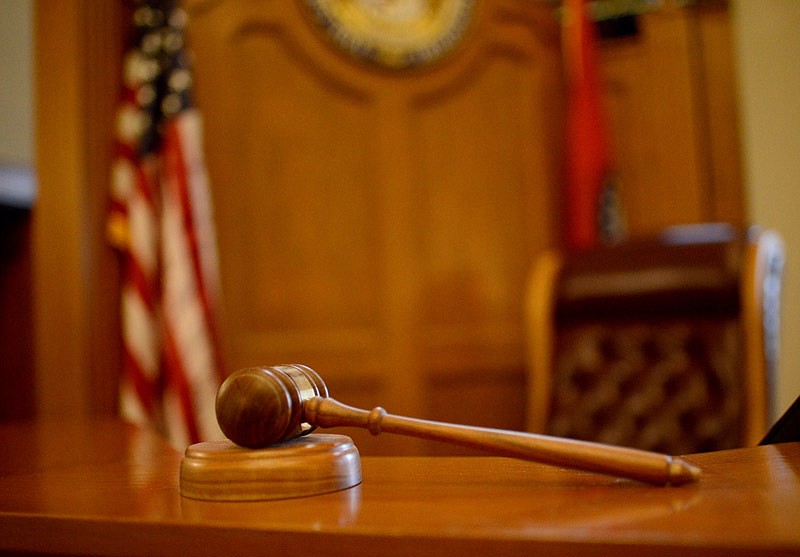The News Tribune reports on elections to equip community members with the tools they need to participate in democracy. For answers to frequently asked questions about how to vote, visit newstribune.com/votefaq. For full coverage of local candidates in the November 2020 election, visit newstribune.com/election.
Cole County Circuit Judge Dan Green on Tuesday ruled against a motion from lawyers representing the state of Missouri in a voting rights lawsuit.
The lawyers had asked Green to issue a declaratory judgment in a lawsuit filed by a national women's advocacy organization against Missouri Secretary of State Jay Ashcroft over five election laws the organization said make it difficult or impossible for Missourians to vote.
A declaratory judgment is the legal determination of a court that resolves legal uncertainty for the parties involved in the case.
Green's ruling means the case will proceed to a trial before him, scheduled during the first week of October.
The lawsuit filed last month in Cole County Court by the Washington, D.C.-based American Women advocacy organization and three Missouri plaintiffs from St. Louis and Webster Groves seeks to make the following changes:
"Eliminate the requirement that most voters have their ballot envelopes notarized.
"Eliminate the requirement that some voters return their ballots by U.S. mail only.
"Ensure that ballots are counted even if mail service delays cause them to be delivered after the polls close on Election Day.
"Allow third parties to assist in collecting and submitting mail ballots.
"Develop and implement consistent and fair signature matching protocols, and ensure that voters receive reasonable notice and an opportunity to cure if a signature is questioned."
Representing the state, Assistant Attorney General John Sauer said - under the law - the Legislature may authorize voting by mail as a special privilege, which it did in May in light of the COVID-19 pandemic. Gov. Mike Parson signed the legislation into law in June. Sauer said mail-in voting is not a constitutionally guaranteed right.
"The plaintiffs in this case would seek to abolish every rule and standard that applies to mail-in voting; they would abolish the deadlines, they would abolish the standards of accepting or rejecting absentee and mail-in ballots, and they would abolish the identity verification process. They would open the door to possible election fraud by doing this," he said.
As the law currently stands, Missouri voters this year in specific at-risk categories for contracting or transmitting the COVID-19 disease or voters who have contracted the disease may vote via absentee ballot by mail. Those ballots would have to be notarized, unless someone is incapacitated or confined due to illness or disability, or if someone is a caregiver for a person in those circumstances.
People at risk for COVID-19 or who have already contracted the coronavirus that causes it also do not need to have their ballot notarized.
Attorney Uzoma Nkwonta, arguing for American Women, said Ashcroft has already publicly spoken against the mail-in voting measure that was passed. Ashcroft said in interviews with members of the media in May that he did not support the measure after lawmakers stripped a contested photo ID requirement from it.
"The ability of voting by mail is necessary to protect the right to vote in this pandemic," Nkwonta said. "When you charge a fee to mail-in voters to have their ballot notarized, but not absentee voters, we believe there is a burden placed on certain voters while not on others."
Absentee voting begins next Tuesday for the Nov. 3 general election.


